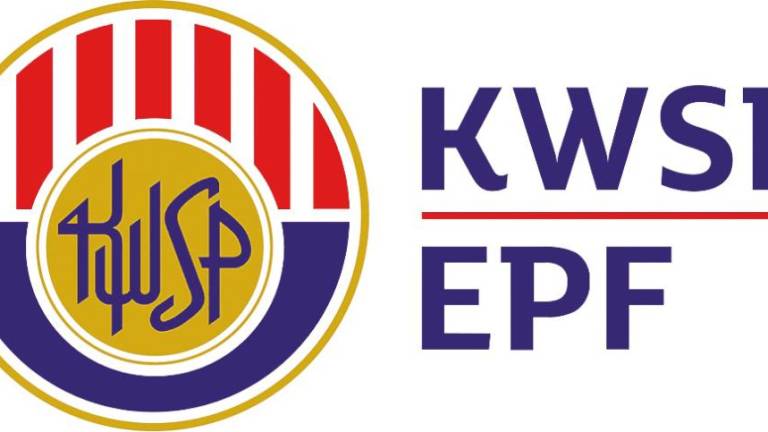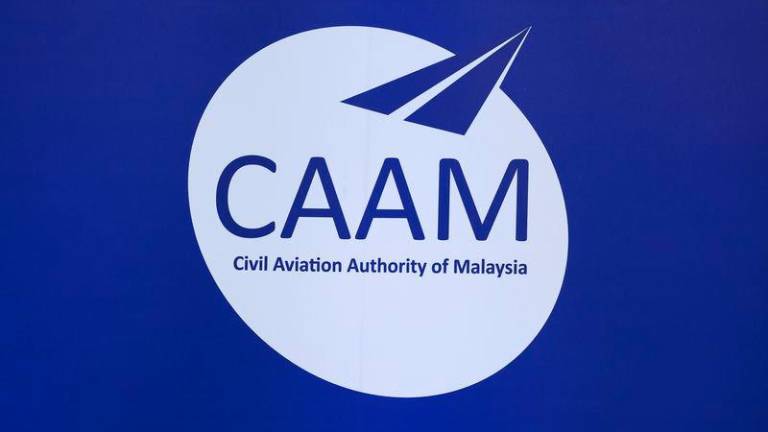PRIVATE institutions of higher learning (IHL) have become increasingly significant players in advancing national agendas worldwide.
These institutions operate on a non-profit basis and are usually funded through tuition fees, grants and philanthropic donations.
Private IHL offer a range of academic programmes and provide a unique environment for students to learn and engage in research.
In this article, we will explore how private IHL contribute to the advancement of national agendas and their role in shaping the future.
Private IHL have been contributing to national agendas through various means, including research, education and innovation.
Private universities often have more funding flexibility, enabling them to develop specialised programmes that address the country’s specific needs.
Private IHL also offer a diverse range of programmes that cater to the needs of students from different socioeconomic backgrounds.
They have a social responsibility to the nation they operate in.
These institutions strive to develop well-rounded individuals who are not only academically strong but also possess the necessary skills and knowledge to contribute to society.
Private IHL provide a platform for students to engage in community service activities, social entrepreneurship and volunteer work.
Through these activities, students better understand the issues facing their communities and develop a sense of social responsibility.
Private IHL across the globe have been facing significant financial challenges in recent years, leading to concerns about their sustainability.
In the United States, many private institutions have struggled to maintain financial stability, with several facing the risk of closure.
According to a report by Moody’s Investors Service, small private colleges are at the highest risk of closure due to declining enrolments and increasing operating costs.
To address financial stability concerns, private IHL have developed various fundraising strategies to secure funding from external sources.
For instance, Harvard University, one of the world’s most prestigious private institutions, has a successful fundraising campaign called “The Harvard Campaign”.
Launched in 2013, the campaign raised US$9.6 billion (RM42.7 billion) by June 2018, which was the largest-ever fundraising campaign by any educational institution.
The campaign’s success was attributed to a wide range of factors, including effective marketing and donor engagement strategies.
Private IHL have also been investing in infrastructure and faculty to enhance the quality of education and research.
For example, the American University of Beirut (AUB) has invested in the construction of a new engineering building, which includes state-of-the-art facilities and equipment to support research and innovation.
The university has also recruited top-notch faculty members from across the globe to enhance its academic programmes.
Efficient financial management is crucial for private IHL to achieve financial stability.
The University of Tokyo, a leading private institution in Japan, implemented a financial management system that focuses on optimising resource allocation and cost reduction.
The system has enabled the university to maintain financial stability despite declining government funding.
Private IHL have made significant contributions to national agendas worldwide.
For instance, Harvard University’s Kennedy School of Government has trained many government officials who have gone on to lead in various capacities.
The Asian Institute of Management in the Philippines offers programmes that focus on social entrepreneurship, which addresses the country’s economic challenges.
In the UAE, the Khalifa University of Science and Technology has developed innovative solutions that have helped the country become a global leader in renewable energy.
Limited funding is a significant challenge faced by private IHL globally.
In the US, private colleges and universities, which account for 19% of all higher education institutions, rely heavily on tuition fees to support their operations, resulting in financial vulnerability.
In 2020, the Covid-19 pandemic exacerbated this issue, leading to decreased enrolment rates and financial difficulties for many private institutions.
According to a report by the National Student Clearinghouse Research Centre, the fall 2020 undergraduate enrolment at private non-profit colleges decreased by 3.9%, while public institutions saw a decline of only 0.4%.
To overcome funding challenges and support, the Malaysian government’s goals of providing higher education and promoting sustainable energy, Universiti Tenaga Nasional (Uniten), a government-linked university and private university, has taken a determined stance.
This year, Uniten offered over RM60 million worth of scholarships to financially disadvantaged B40 and M40 students, empowering them to pursue their academic aspirations.
Additionally, Uniten hired 200 postdoctoral researchers from various parts of the world, specialising in the energy field, making it an IHL with the highest number of postdocs in Malaysia.
This praiseworthy initiative aligns with the visions of both Malaysia’s Higher Education Minister Datuk Seri Haji Mohamed Khaled Nordin and Prime Minister Datuk Seri Anwar Ibrahim, and will contribute to the nation’s capacity building and development.
With its unwavering commitment, Uniten is one of Malaysia’s leading IHL, working tirelessly to support the nation’s growth and development.
Another strategy used by private IHL to contribute more effectively to national agendas is to focus on specialised programmes that address the country’s specific needs.
For example, Singapore Management University (SMU) established the Lee Kuan Yew School of Public Policy, which offers a Master in Public Policy programme that focuses on Asian development.
This programme provides students with the skills and knowledge necessary to address the social and economic challenges faced by Asian countries, contributing to national development.
Collaboration between private and public institutions has also proved to be an effective strategy for private IHL to contribute to national agendas.
For instance, the African Leadership University (ALU) has partnered with various organisations to support its mission of producing ethical and entrepreneurial leaders for Africa.
In partnership with IBM, ALU launched a flagship programme that offers a Bachelor of Science in Computer Science degree, focused on training students in artificial intelligence and data science.
This programme addresses the specific needs of the African continent and provides solutions to social and economic challenges faced by African countries.
In conclusion, private institutions of higher learning play a significant role in advancing national agendas worldwide.
Examples from Harvard, the Asian Institute of Management and the Khalifa University of Science and Technology demonstrate how private IHL are contributing.
Despite the challenges they face, private IHL have made significant contributions to society through research, education and innovation.
To contribute more effectively to national agendas, private IHL must develop effective strategies and establish partnerships with government agencies, non-governmental organisations and the private sector.
Collaborative efforts between private and public institutions can lead to innovative solutions to social and economic challenges, ultimately contributing to national development.
As such, private IHL are vital partners in advancing national agendas and shaping the future.
The writer is the vice-chancellor of Uniten in Putrajaya, a professor of Universiti Malaya and a Fellow of the Academy of Sciences Malaysia. Comments: letters@thesundaily.com










